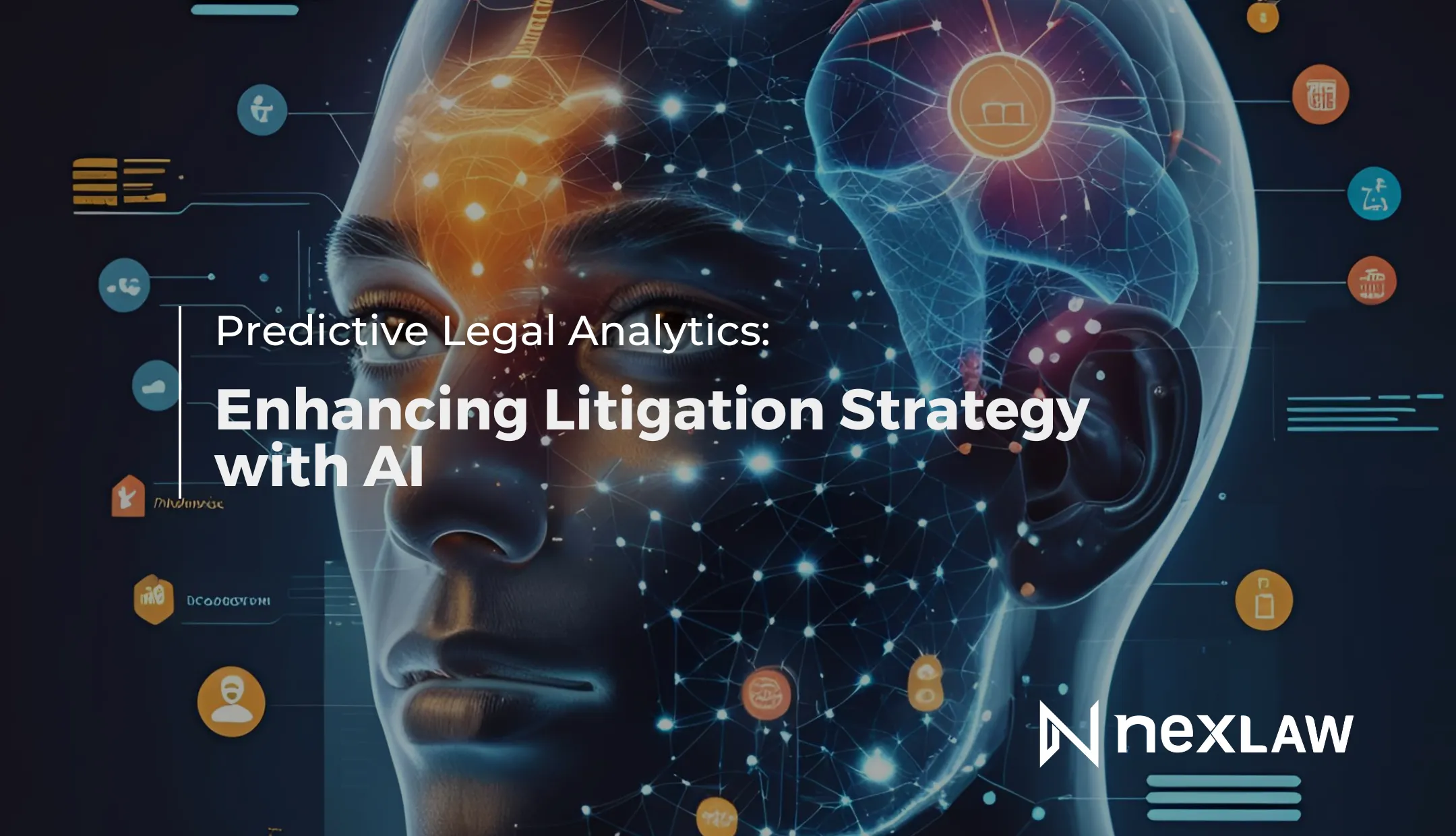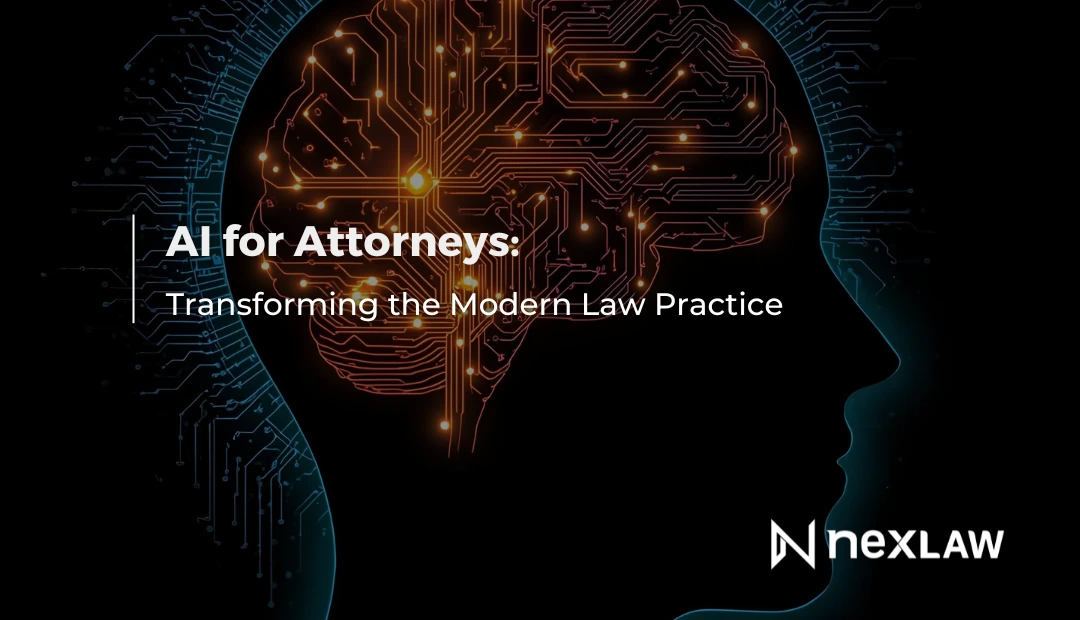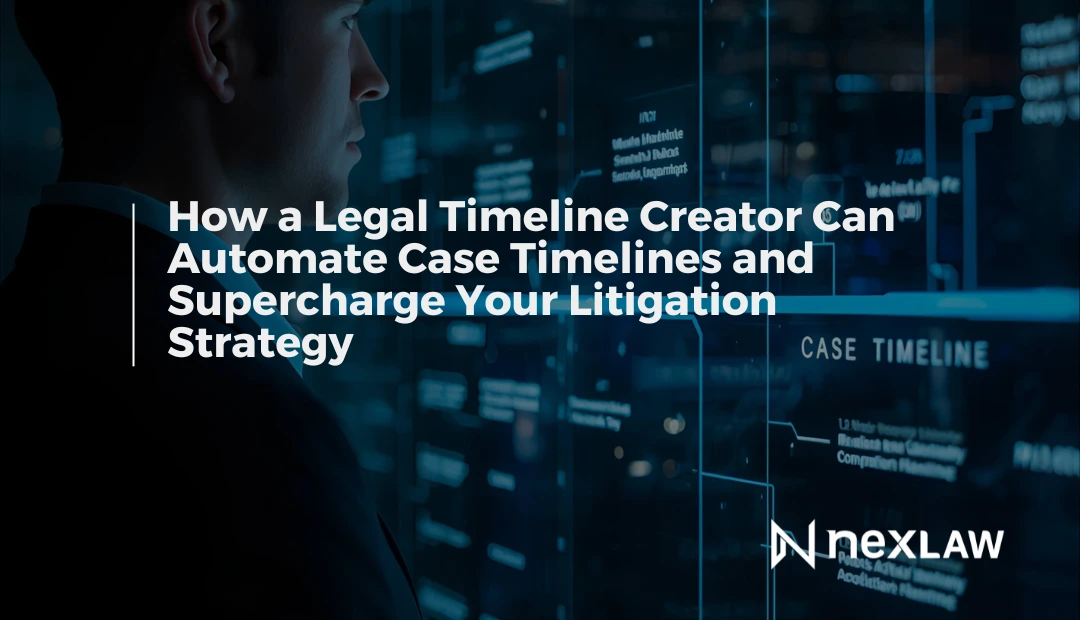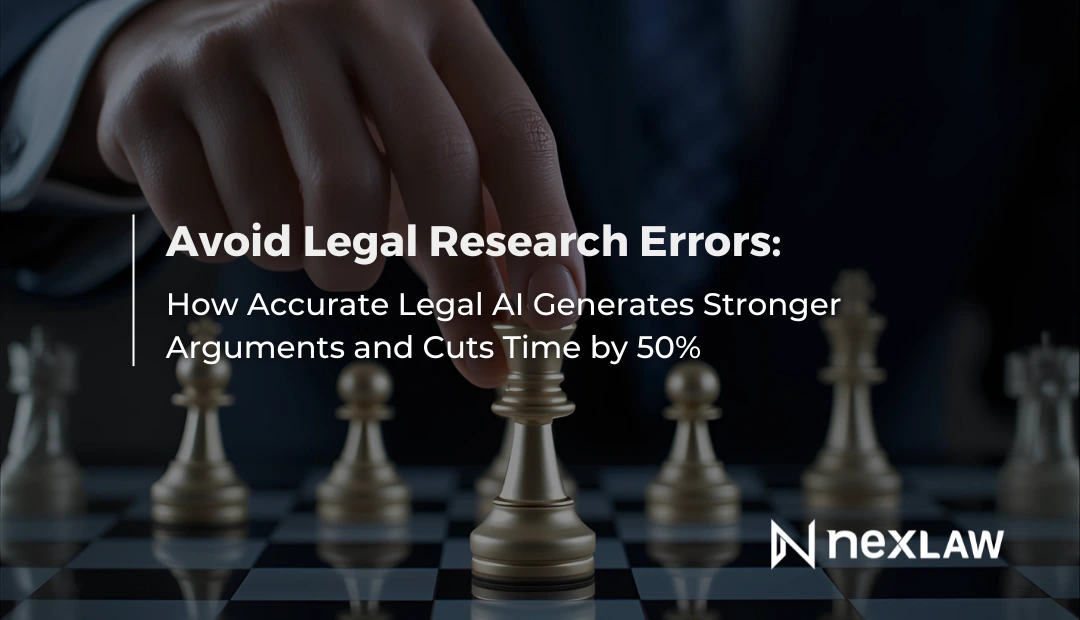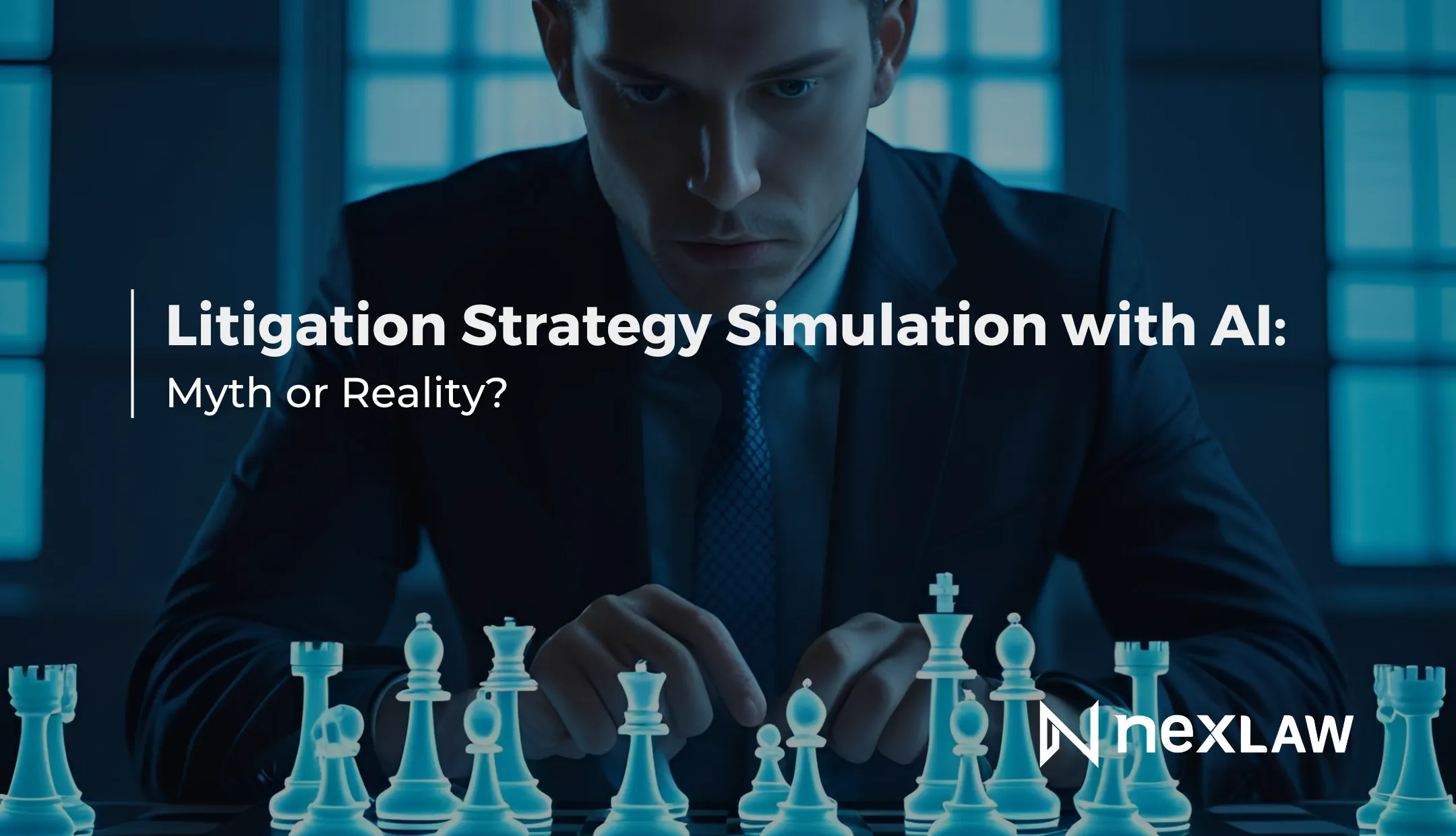Predictive Legal Analytics: Enhancing Litigation Strategy with AI
In today’s legal landscape, technology is playing an increasingly important role in how attorneys prepare for and manage cases. One of the most notable innovations is predictive legal analytics, a technology that combines artificial intelligence (AI) with extensive legal data to help lawyers gain insights into potential case outcomes.
Unlock Legal Insights Instantly!
At its core, predictive legal analytics involves analyzing large datasets — such as historical case decisions, judge rulings, and even patterns in jury behavior — to identify trends and provide information that can assist attorneys in making more informed decisions. While it does not guarantee specific results, this approach aims to reduce uncertainty by offering data-backed perspectives that support legal strategy development.
How Predictive Analytics Supports Litigation Strategy
Litigation is inherently complex and uncertain. Attorneys must make many decisions with incomplete information, from deciding whether to file motions to negotiating settlements or preparing for trial. Predictive analytics provides additional context that can help guide these choices.
For example:
- Evaluating Judicial Tendencies: Analytics tools may reveal how particular judges have ruled in cases involving certain issues or legal arguments. This information allows attorneys to tailor their briefs and oral arguments to align with a judge’s past preferences or concerns.
- Understanding Opposing Counsel Behavior: Some platforms offer insights into how opposing attorneys have approached similar cases in the past, which can inform anticipatory strategies and counterarguments.
- Assessing Risk and Potential Outcomes: By analyzing patterns in case results across jurisdictions or types of claims, predictive analytics can help attorneys gauge the likelihood of success for various motions or settlement offers.
While predictive analytics provides valuable insights, it is important to remember that these are tools for support, they do not replace the nuanced judgment and experience that legal professionals bring to every case.
Adoption of Predictive Analytics in Legal Practice
Law firms of varying sizes are increasingly exploring how predictive analytics can fit into their existing workflows. Solo practitioners, small teams, and larger firms alike recognize that data-driven insights can enhance the quality and efficiency of legal work.
Many firms are using these technologies to:
- Prioritize cases that may benefit most from focused resources
- Prepare more targeted legal arguments
- Streamline case assessment and early evaluation
- Support negotiations with a better understanding of potential outcomes
Adoption varies depending on firm size, practice area, and client needs. Importantly, predictive analytics is seen as a complement to traditional legal research and strategy, rather than a wholesale replacement.
Ethical Use and Professional Responsibility
As with any technology, using predictive legal analytics requires careful attention to ethics and professional responsibility. Attorneys must ensure that AI tools are used in ways consistent with legal standards and client interests. Key considerations include:
- Transparency: Attorneys should communicate openly with clients about the role of predictive analytics in their case strategy, including any limitations of the technology.
- Confidentiality and Data Security: Protecting client data remains paramount. Firms should use platforms with robust security measures and clear data handling policies.
- Human Oversight: AI-generated insights must be reviewed and interpreted by qualified legal professionals. Decisions should never be made solely on the basis of an algorithm’s output.
- Compliance: Lawyers must stay informed of guidance from bar associations and regulatory bodies regarding the appropriate use of AI in practice.
The American Bar Association (ABA) emphasizes that technology is a tool to aid legal services, but professional judgment, ethical duties, and client communication are non-negotiable.
The Future of Litigation with Predictive Analytics
Looking forward, the role of predictive analytics in litigation is likely to grow as AI technology becomes more sophisticated and integrated with case management systems. Emerging trends include:
- Real-Time Strategy Modeling: Future tools may allow attorneys to simulate different litigation strategies and predict their potential outcomes dynamically.
- Enhanced Collaboration: Integration with document management and communication platforms will streamline workflows and information sharing within legal teams.
- Broader Access: As technology matures, predictive analytics may become more accessible to smaller firms and solo practitioners, helping to level the playing field.
- Continuous Improvement: Machine learning models will evolve by incorporating new case data, making insights increasingly accurate and relevant.
While predictive analytics is not a crystal ball, its ability to convert complex data into actionable insights will continue to support attorneys in managing the growing demands of modern litigation.
Conclusion: Embrace Smarter, Data-Informed Litigation Strategies
In a legal environment characterized by complexity and high stakes, predictive legal analytics offers a valuable resource for attorneys aiming to enhance their litigation strategies. By thoughtfully combining AI-powered insights with professional expertise and ethical rigor, legal teams can improve efficiency, reduce uncertainty, and better serve their clients.
For attorneys ready to explore the potential of predictive analytics, NexLaw AI provides a platform designed to integrate seamlessly into everyday practice, empowering litigators to work smarter, not harder.
Take the Next Step with NexLaw AI
Experience how NexLaw AI can support your litigation practice:
- Start a Free 3-Day Trial — Explore predictive analytics features at your own pace and see how the platform fits your workflow.
- Book a Guided Demo — Prefer a personalized walkthrough? Our team will demonstrate how NexLaw AI’s tools can enhance your case strategies.
